
Early Middle Ages
Unit 1 2025-26
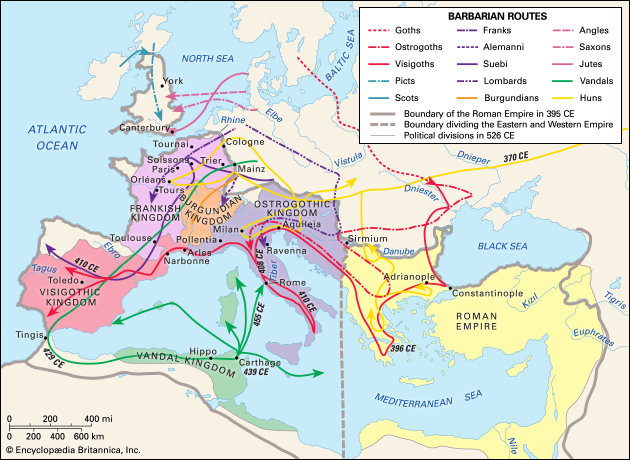
In 3rd and 4th Century AD
Roman Empire was invaded
by GERMANIC Tribes
and the HUNS
They came from the North and Eastern Europe
They were farmers and animal herders
Break up of the Roman Empire
Roman called
Germanic Tribes
Barbarians
= foreign (extrañeros) and savage


Economic exchanges
sold the Romans wood,
Joined the Roman army to
defend territory.
Friends and Enemies of the Romans



and furs.
amber,
Violent attacks/raids
against Roman cities
...but sometimes


Settled in
Roman territory peacefully
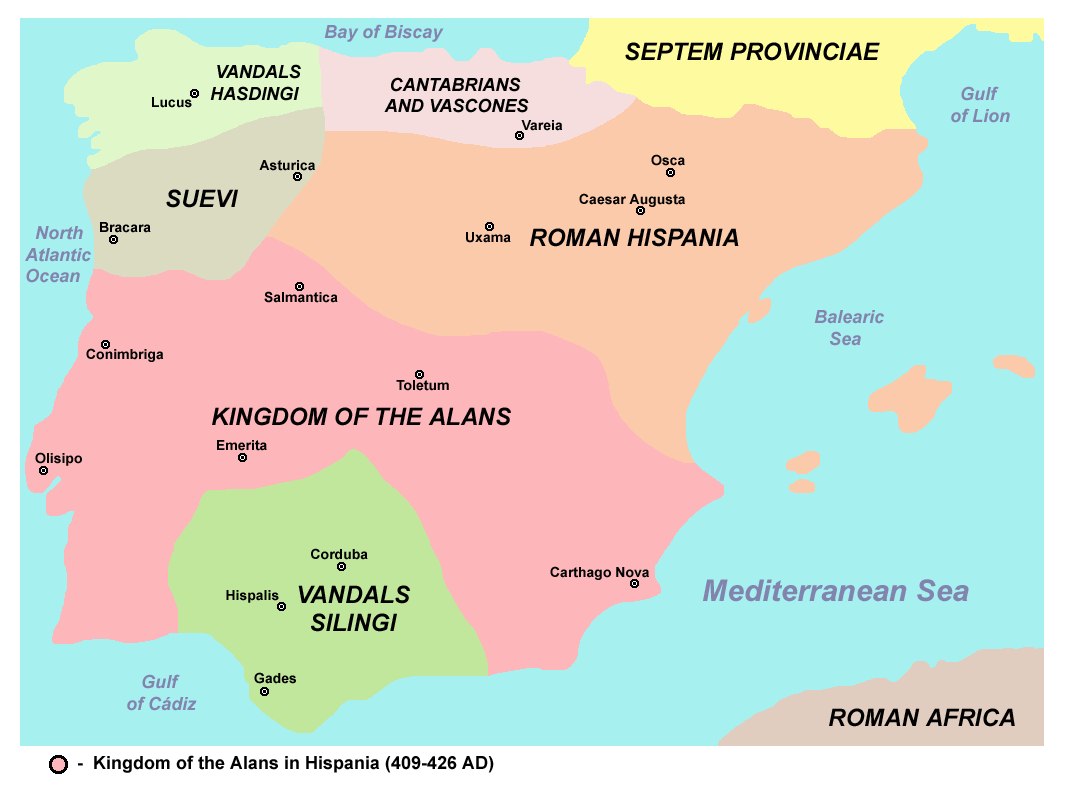
In 409
Roman Emperor
asked Visigoths
to expel the SUEVIs, VANDALs and ALANs
from the Iberian Peninsula

Roman Emperor Honorius
gave the VISIGOTHS
Gaul in south-west France and
most of the Iberian Peninsula
Visigoths acted as representatives
for the Romans
Capital - TOULOUSE

In 507AD
FRANKS wanted
access to
the Mediterranean Sea
Pushed
the VISIGOTHS
out of Gaul
Visigoths moved the capital to TOLEDO
Toledo
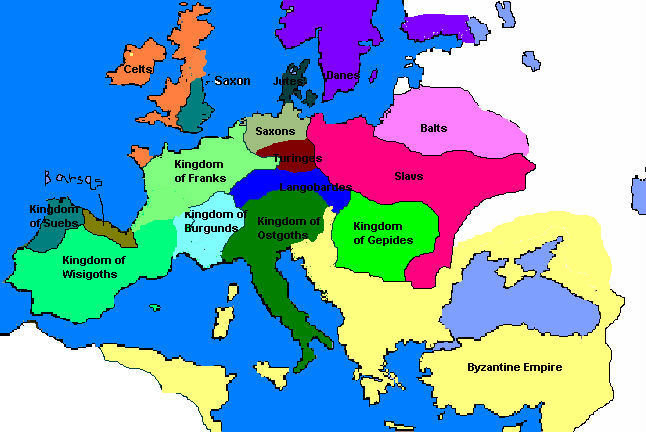
Germanic tribes
formed small kingdoms
in the
Western Roman Empire
Angles and Saxons
The Germanic Kingdoms 5th and 7th Centuries
Dukes, counts and bishops
controlled the cities




Kings
chosen by the rich
had all the power
Later, became hereditary
Political Organisation Germanic Kingdoms

People left cities
moved to the villages
Rural Germanic society
Crops and animal
farming
Exchanged
farm products


Most of the population
were peasants
Had a lot of land

Monasteries
Monks recieved donations of land
Places of worship
and
cultural centres
Monasteries
Cultural centres -
Schools and copied manuscripts
in a scriptorium

Germanic and Roman populations
LANGUAGE
New languages emerged
LAW
Combination of Roman laws
with Germanic customs
RELIGION
Pagan Germanic Tribes
converted to Roman Catholic Christianity
Germanic influence
German Dutch English
Latin influence
Spanish French Italian
The Byzantine Empire
395 - 1453AD
The Eastern Roman Empire
/ Byzantine Empire
Capital - Constantinople

The Eastern Roman Empire
and lasted 1000 years.
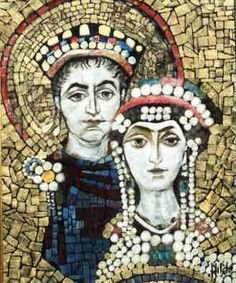
Emperor Justinian and,
his wife,Theodora
Ruled the government,
the army and
were
religious leaders together.
527-565CE
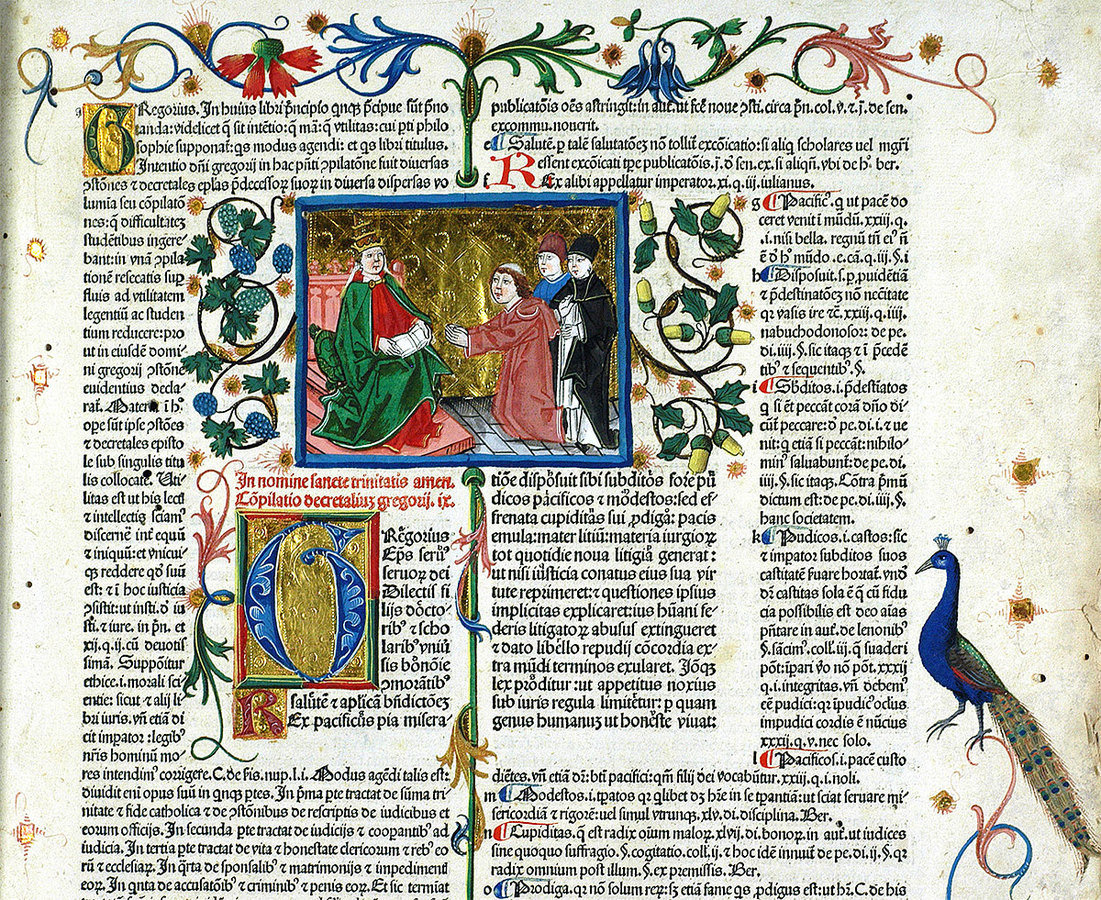
Recuperated and modernized Roman Law
The Justinian Code
This document
was called
"INNOCENT UNTIL
PROVEN GUILTY"
Justinian's rule (527-565AD)
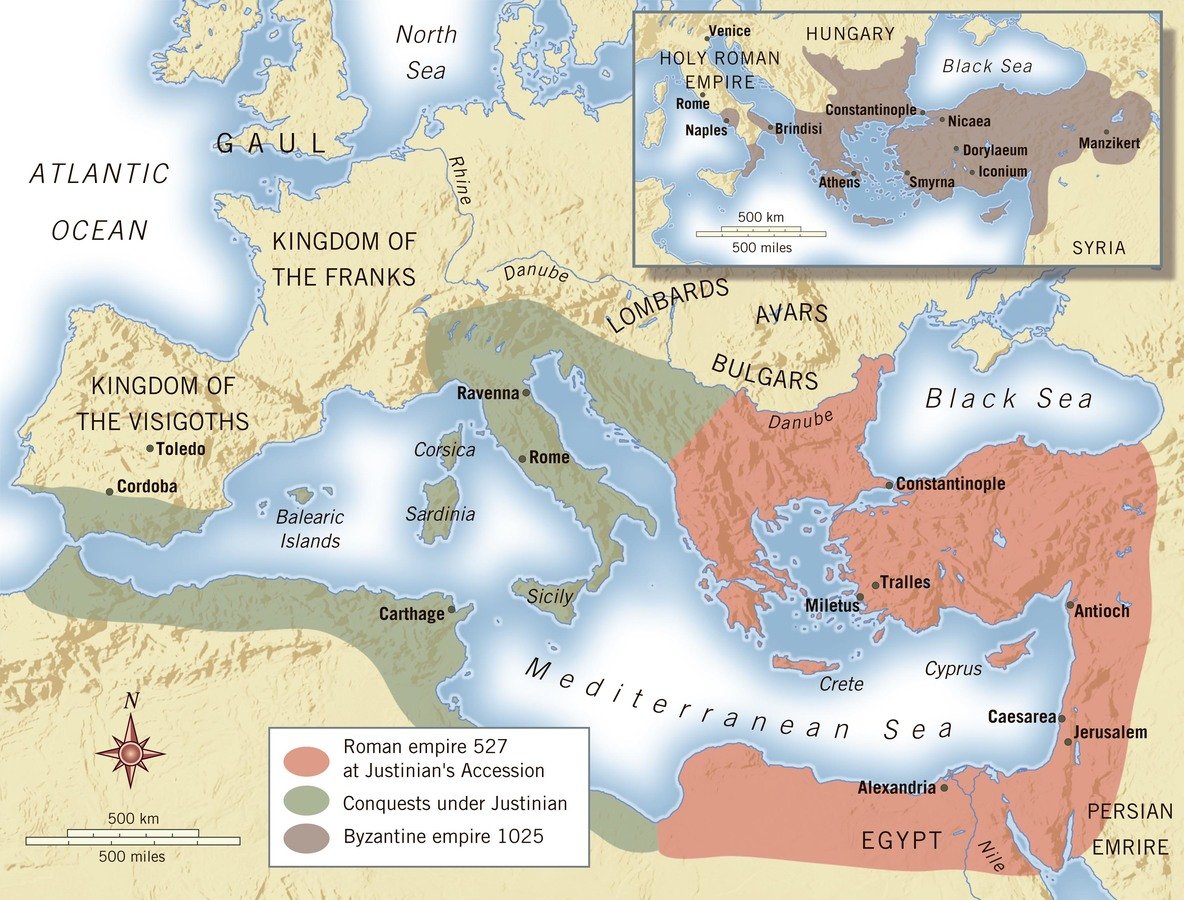
He invaded and conquered
ITALY,
IBERIAN PENINSULA
and NORTH AFRICAN COAST
Justinian
wanted to rebuild the Roman Empire so...
Dominated the coast of Mediterraneean Sea
and
controlled trade between
East and West
Created gold coins
to make trading easier
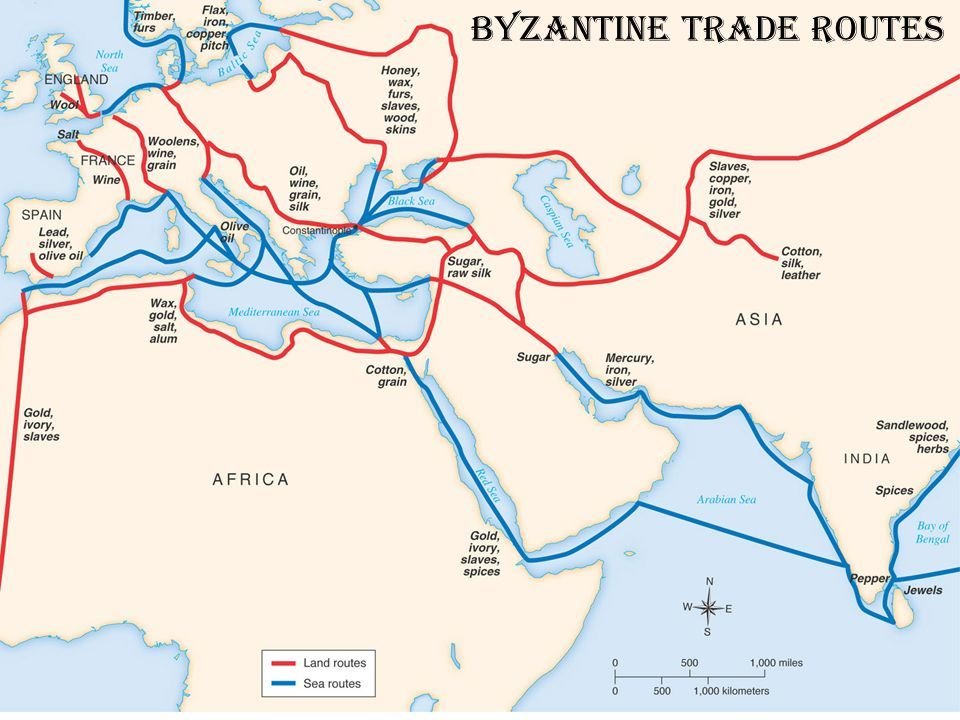
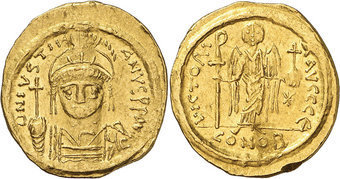
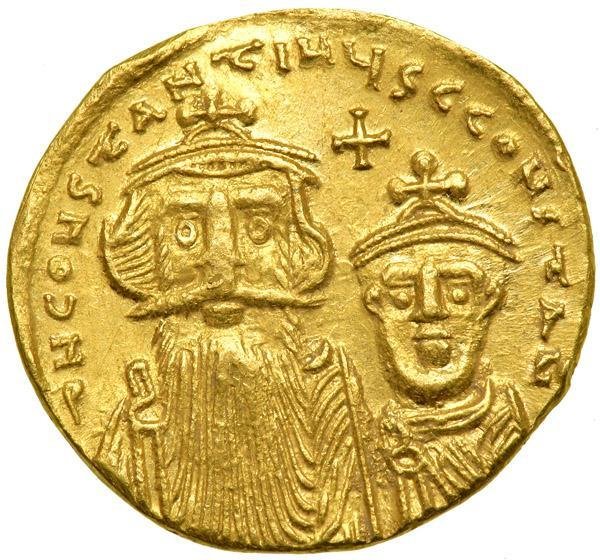
Economic Prosperity
Basileus / emperor
religious leader,
military/government leader
Patriarch of Constantinople
-highest religious leader
Artisans, merchants, soldiers,
free peasants
Servants and slaves
Byzantine Society - pyramid
Byzantine Society - pyramid

government,
religious authority,
military
and
economic activity

Byzantine cities


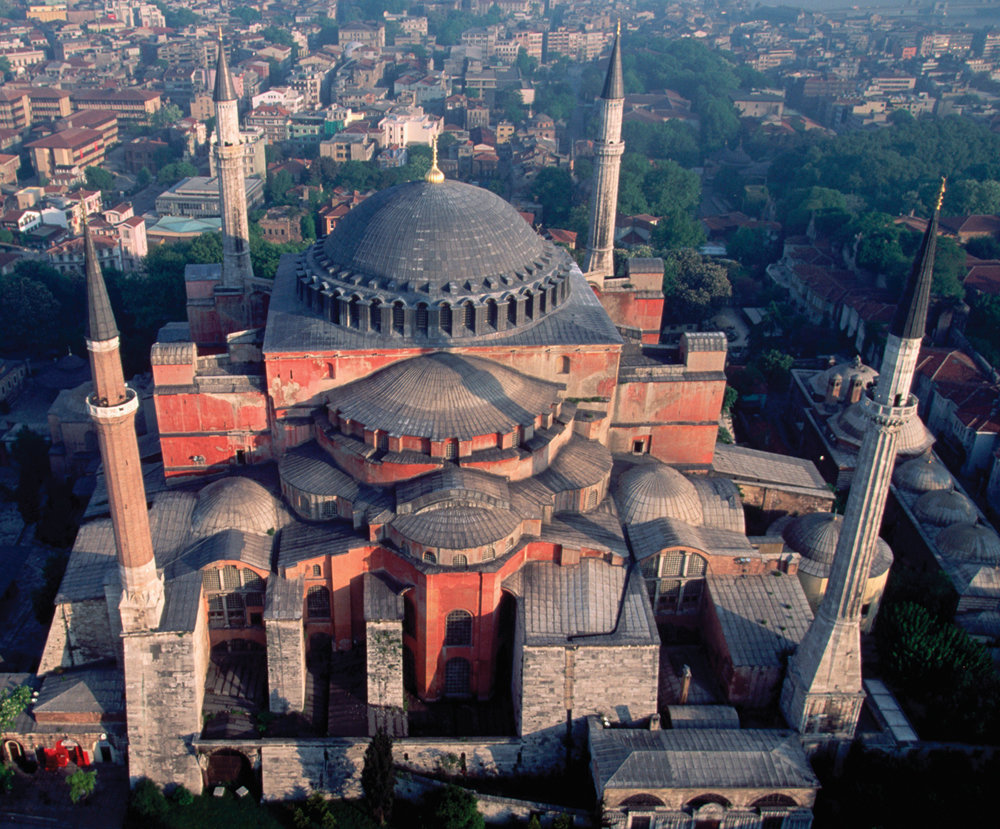
Hagia Sophia
Hagia Sofia
The most important church in the Byzantine Empire
Built in 5 years (532-537CE)
during Justinian reign
Why did the church change
into a mosque (mezquita) ?
What happened to the mosaics?
What changed when the Hagia Sofia
became a mosque, and why?
watch the video and
answer the questions
Religious conflicts
EAST -WEST SCHISM
East
ORTHODOX CHURCH
they didn't recognize
the POPE's authority
Leader of the church -
Patriarch of Constantinople
West
ROMAN CATHOLIC CHURCH
Leader of the church
- Pope
in 1054
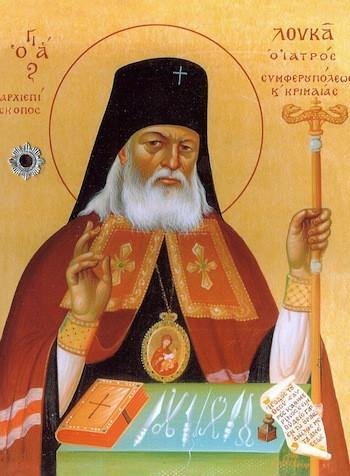
Roman Catholic church divided
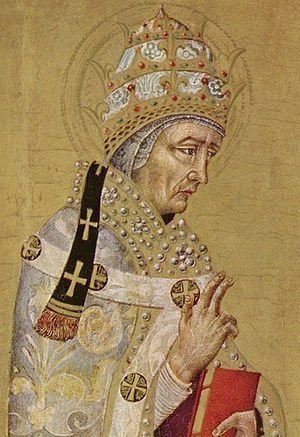
Culture and art changed
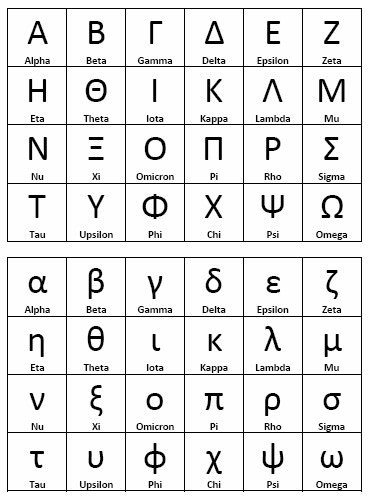
Greek Alphabet
Greek replaced Latin

Latin Alphabet
Architecture and Art


Let's watch this video
until 3.20
Fall of the Byzantine Empire

After Justinian death in 565CE
the Byzantine Empire began to lose territories
Difficult to defend and protect borders
6th Century
Lombards
conquered Italian Peninsula
7th Century
Lost southern
Iberian Peninsula
to the Visigoths
7th and 8th Century
Islamic Empire
began to conquer
territories
around the eastern coasts
of Mediterranean Sea
During the 11th and 14th Century the Muslims and Turks conquered most of the Byzantine Empire

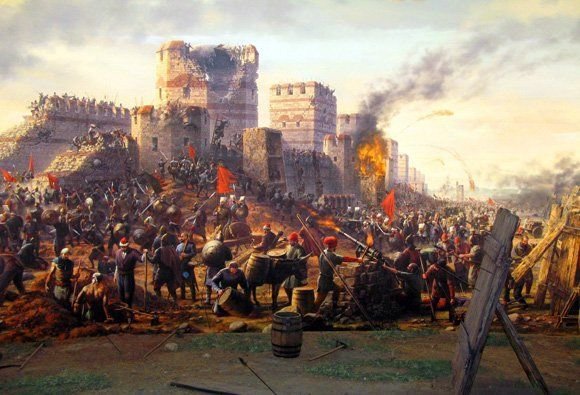
the OTTOMAN TURKS conquered CONSTANTINOPLE
ending the BYZANTINE EMPIRE
In 1453, almost 1000 years
after its beginning...
Fall of the Byzantine Empire
In 1453
Turks conquered Constantinople

Started in Arabian Peninsula in the 7th Century
Arabs
nomadic tribes
and
animal herders
Each tribe was polytheist
Shared MECCA as their holy land
Origins of Islam



Mecca and Medina
important cities for trade
traded
spices and silks from Asia
to the
Byzantine Empire
and
across the
Mediterranean Sea
to Europe

Muhammad (570-632) - rich merchant from Mecca
started a new monotheistic religion - Islam
with one god - Allah
Other rich merchant didn't accept his teachings so....

...he escaped to
Medina in 622
This was the beginning of the Islamic calendar - Hegira

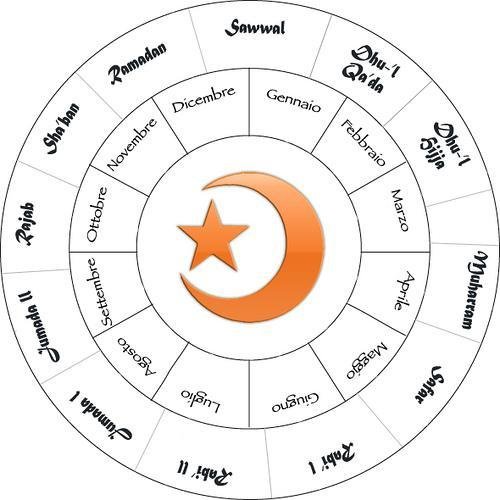
and built an army in Medina
In 630
He returned to Mecca and captured the city
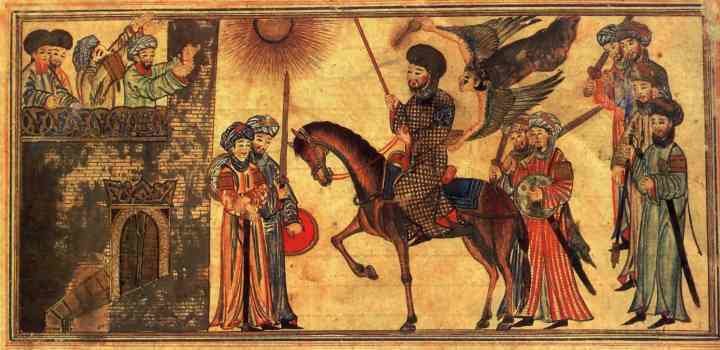
He unified different tribes under one religion - ISLAM
Quran
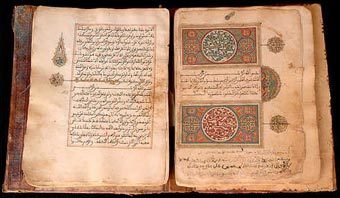
Holy book of Islam
- Mohammad is the the prophet of the only god - ALLAH
- Pray five times a day
- Pilgrimmage to MECCA once
- Fast during RAMADAN
- Help the poor
FIVE OBLIGATIONS
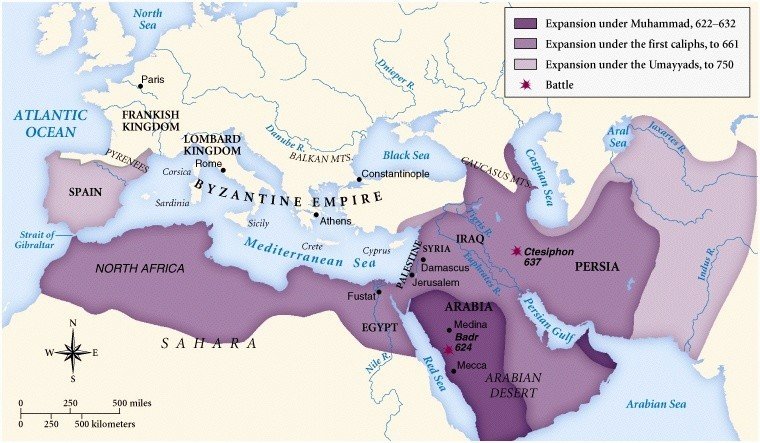
Spread of
the Islamic Empire

Orthodox Caliphate
(632-661)
After Muhammad died
Islam spread with JIHAD, holy war
Controlled Arabian Peninsula, Persia and Egypt,
conflicts with Byzantine Empire

Orthodox Caliphate
(632-661)
Muhammad's family created a dynasty
the capital was Medina
Chose the CALIPH (emperor)
In 661 - Omeya family killed the caliph
and took control

(661-750)
Omeya Caliphate
Omeya family controlled the Caliphate
Capital - Damascus
Divided into
provinces - EMIRATES
Conquered from Persia to the Iberian Peninsula
Charles Martel stopped the Muslim invasion in the Battle of Poitiers in 732
Abbasid Caliphate
Most of the
Umayyad family was killed
except for
Abd al-Rahman I
who escaped to
the Iberian Peninsula

Ummayad family controlled the Caliphate of Cordoba
in the Iberian Peninsula
Revolt between the Abbasid family and Umayyad family
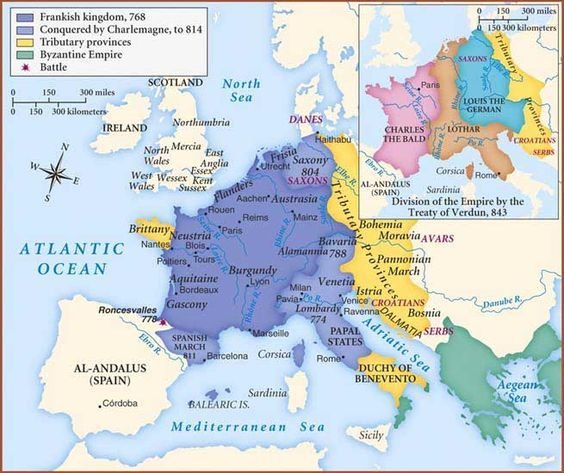
Kingdom of
the Franks
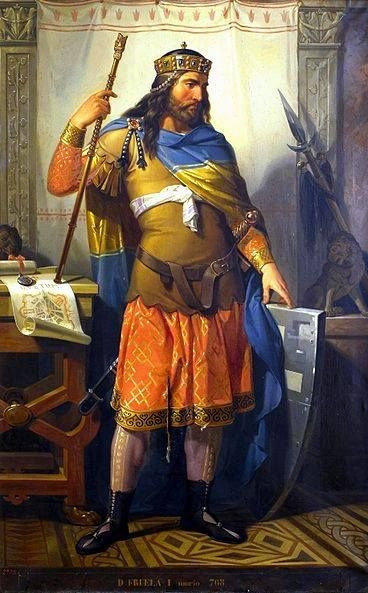
Frankish king were...
very LAZY
so officials called .....
MAYORS OF THE PALACE
ruled the kingdom
The most important was...
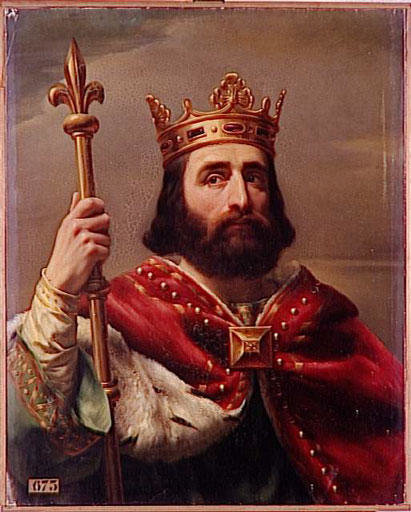

CHARLES MARTEL
(nicknamed - The Hammer)
He stopped the Muslim invasion
of the Frankish Kingdom
in Battle of Poitiers (732AD)
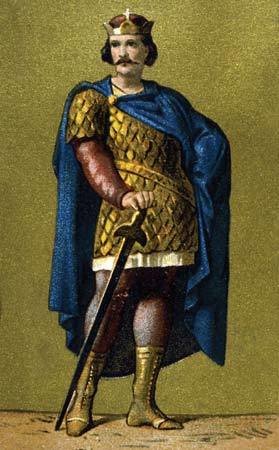
PEPIN THE SHORT
The youngest son of
Charles Martel
The first king
of the
Carolingian Dynasty
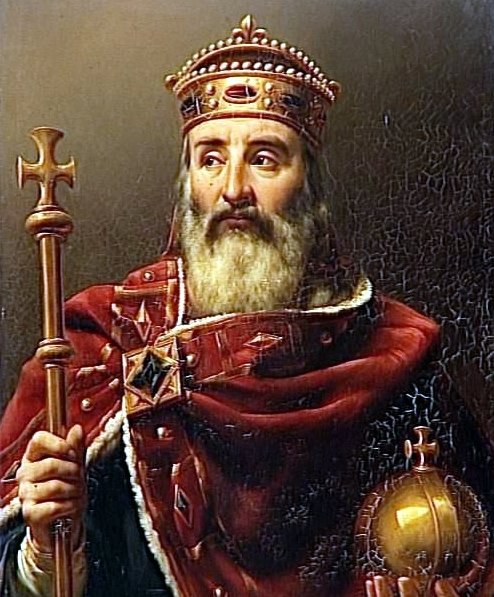
CHARLEMAGNE
Charles Martel's grandson
In 768 - crowned
King of the Franks
He wanted to
restore the
Western Roman Empire
so he...
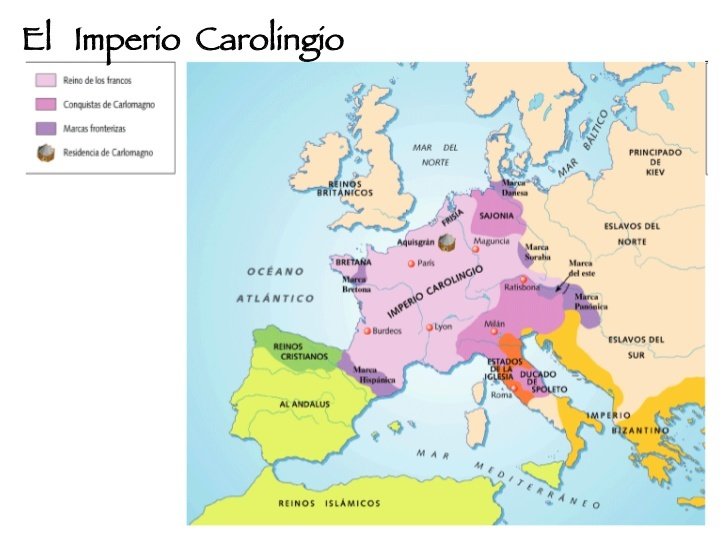
ll
...conquered various lands
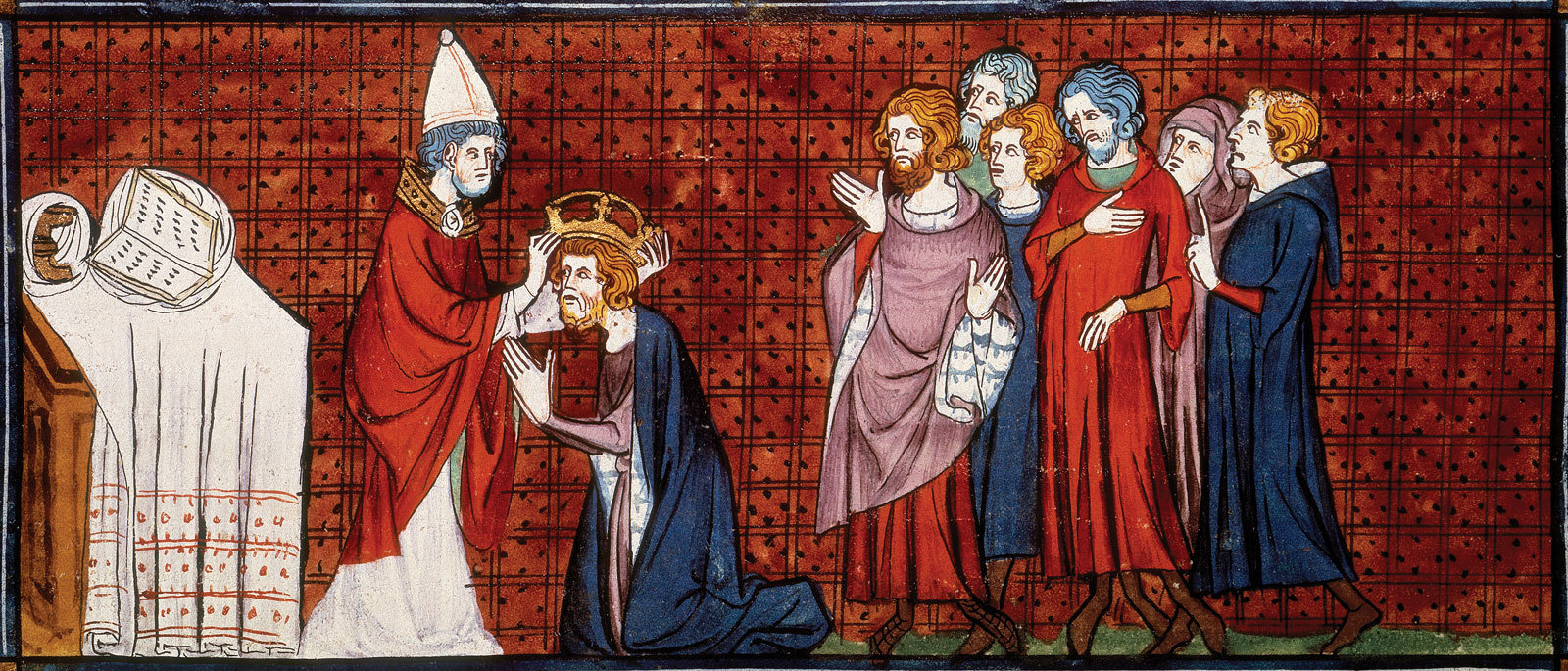
In 800, Pope Leo III crowned Charlemagne
HOLY ROMAN EMPEROR
Organisation of the Empire
2) Established MARCHES
to separate the
HOLY ROMAN EMPIRE
from other territories
1) Divided the empire into
COUNTIES ruled by COUNTS
3) MISSI DOMINICI- inspectors that controlled local government
Division of the Empire
Treaty of Verdun in 843
After Charlemagne died
the
Empire was divided
between his grandsons
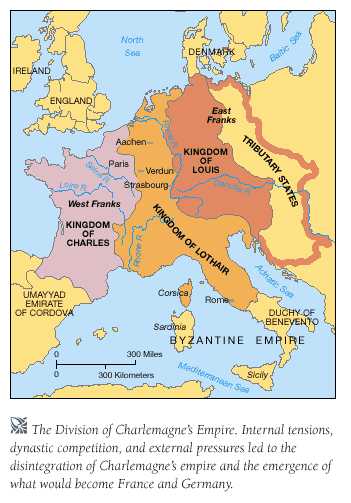
Treaty of Verdun in 843
Treaty of Verdun in 843
- CHARLES THE BALD
- LOUIS THE GERMAN
- LOTHAIR

750-1258
Lost control over Al Andalus
Moved capital to Bagdad
Internal conflicts
lost control over
different territories
Turks invaded
Mongols invaded Bagdad
Killed the last Abbasid caliph
UNIT 1 Early Middle Ages 2025-6
By txecor
UNIT 1 Early Middle Ages 2025-6
- 840



